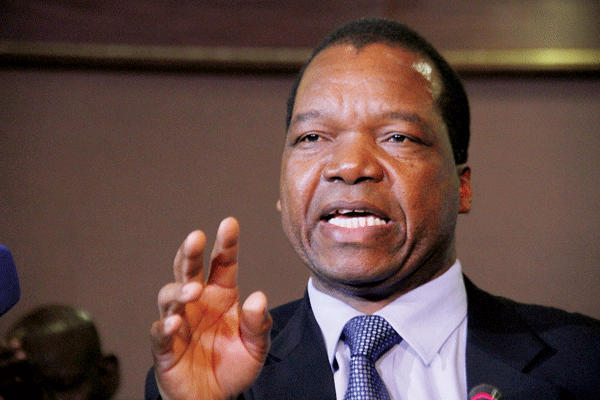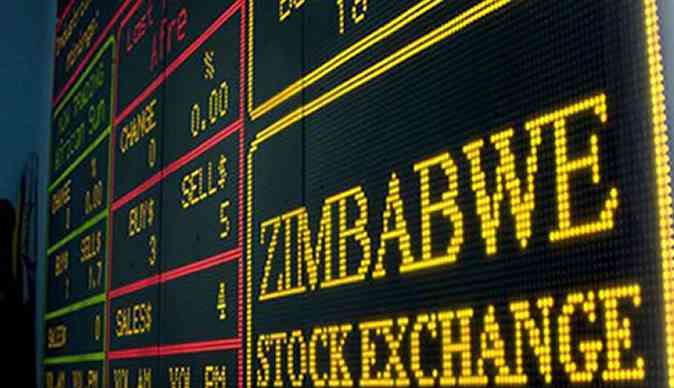
The Reserve Bank of Zimbabwe (RBZ) has announced a number of measures to curtail the economic problems crippling the country. One of the headaches is to contain the foreign currency shortages and the mushrooming of forex dealers, who are said to be fuelling the cash crisis.

The RBZ has negotiated for an additional $300 million standby export finance facility, which will be made available once the initial$200 million is exhausted, to ensure that exporters continue to benefit from the export incentive scheme. NewsDay business reporter, Tarisai Mandizha (TM) interviewed RBZ governor, John Mangudya (JM) to get more insights on the bank’s plans to lure the informal sector.
TM: We understand that more than $5 billion is currently circulating in the informal sector, can you give us an update on the RBZ plan to formalise the informal sector?
JM: The Reserve Bank’s position and desire is that money should circulate within the economy. The informal sector is part of the Zimbabwean economy, which should integrate with the formal economy, where goods and services are produced. This means that money from the informal sector can be brought into the formal sector through selling in cash, thereby, tapping cash from the informal sector by the formal sector.
TM: There are those who believe that the informal market is fuelling foreign exchange challenges, what is your take?
JM: Money goes to the informal sector from the formal sector through banks and traders. It does not originate from the informal sector. But once in the informal sector, it does not come back to the formal sector. It is “spinned” in the informal sector by rent seekers. It is this malpractice that needs self-discipline by all citizens.
TM: We have seen the mushrooming of forex dealers in Harare of late, as RBZ what measures are you putting in place to stamp out black market forex trading?
JM: Apart from self-discipline the sustainable way of dealing with the parallel market of forex is to increase the supply of forex in the economy. This is why the bank is promoting exports so that the country can increase forex receipts. The bank is also arranging foreign exchange facilities of $600 million and $300 million to increase forex in the economy. The other sustainable way is to reduce government expenditure, which is the major source of demand for foreign currency within the economy. Thus, working both on the demand side and supply side is critical to move the economy forward. We need to work closer together.
- Chamisa under fire over US$120K donation
- Mavhunga puts DeMbare into Chibuku quarterfinals
- Pension funds bet on Cabora Bassa oilfields
- Councils defy govt fire tender directive
Keep Reading
TM: How far has the bank gone in its push to licence bureau de changes?
JM: Many applications have been received and are being processed.
TM: You reviewed the money allocated to carry outside Zimbabwe to $2 000, can you justify this move, given the current fight against illicit financial flows.
JM: The move is justified from the point of view that it minimises administrative work. Illicit financial flows are not caused by genuine travellers, but by forex dealers and rent seekers.
TM: What is RBZ doing to promote financial inclusion in the rural areas, where the majority of Zimbabwe’s population stay?
JM: The bank’s policy thrust is to promote a cash-lite or a less-cash society in Zimbabwe. Going digital is critical to preserve foreign exchange for foreign payments and to mitigate against cash queues at banks. It’s good for everyone in the economy and that’s the best practice. The rural areas are being catered for through the provision of appropriate infrastructure by service providers. Significant work is being put in this area.
TM: When can the market expect the $300 million bond note facility into circulation?
JM: The $300 million standby export finance facility will kick-in once the $200 million facility is exhausted, to ensure that exporters continue to benefit from the export incentive scheme. We want to have a seamless and flawless support for the exporters of goods and services. We believe in the export generation strategy for the well-being of the Zimbabwean economy.











